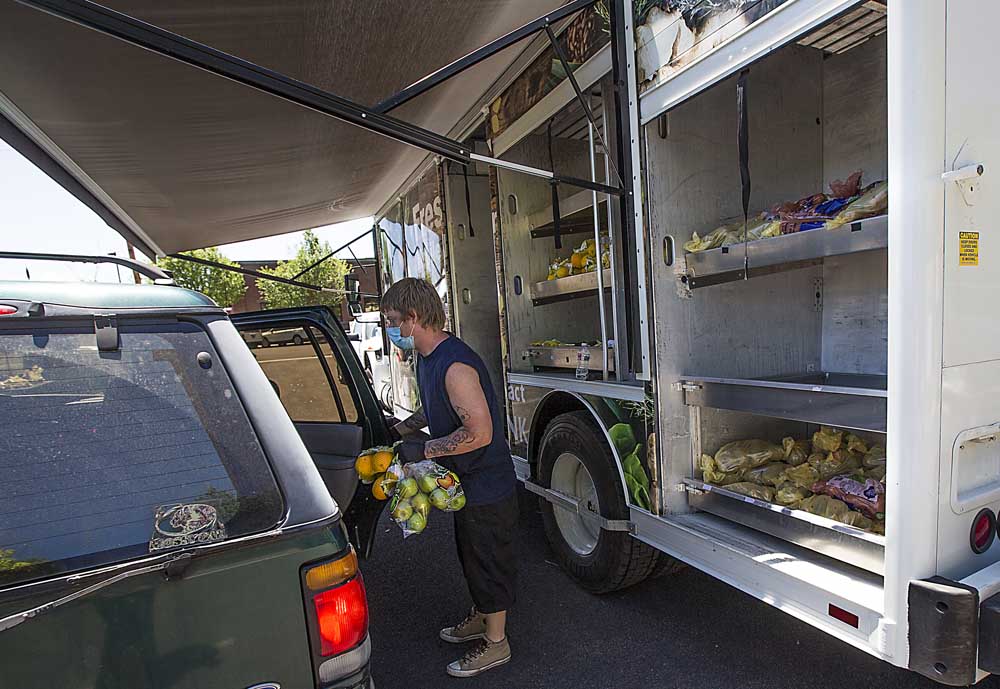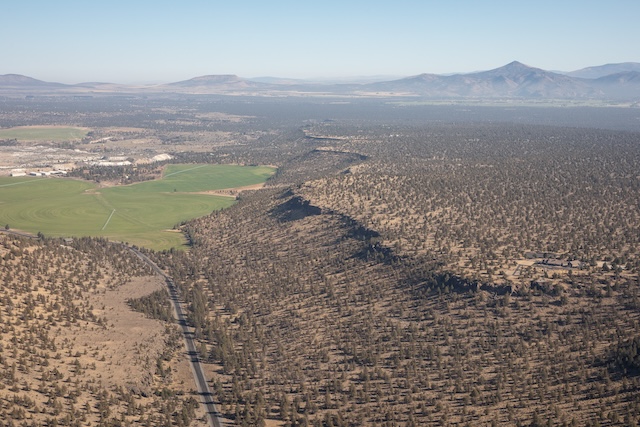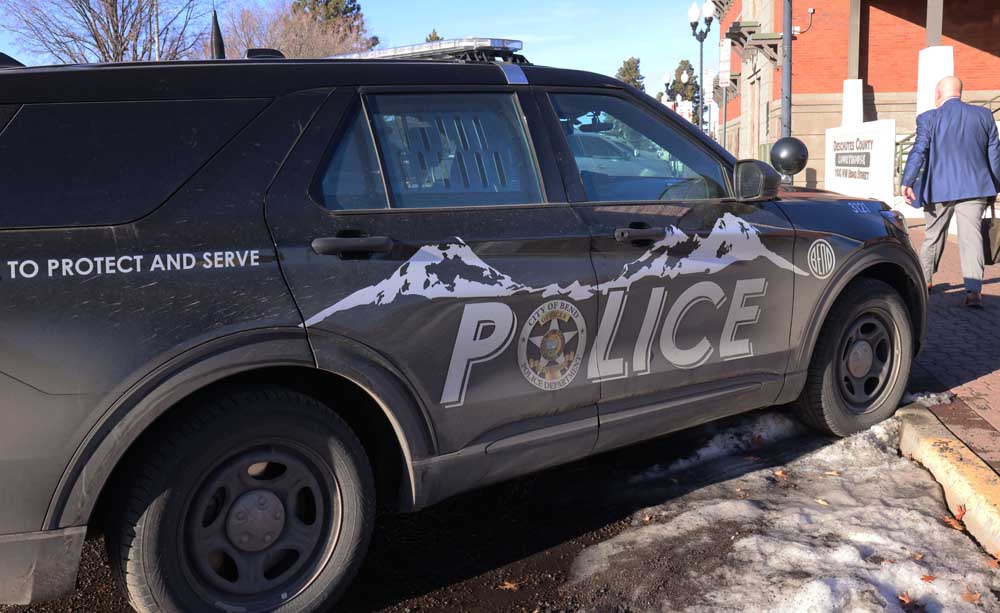Green Team members take on recycling
Published 5:00 am Friday, March 13, 2009

- Fifth-grade Green Team members, from left, Christine White, 11, Ally Hand and Brayden Reiland, both 10, sort paper bowls and recycle them Wednesday at R.E. Jewell Elementary School in Bend.
Brayden Reiland, 10, sorted through a pile of paper bowls Wednesday at R.E. Jewell Elementary, picking out the dirty ones and looking for plastic utensils or wayward napkins.
“Clean, clean, clean,” Brayden said, tossing them into his gray recycling bin. “Ooh, this one’s dirty.”
Brayden was working with two other students as part of The Green Team, a newly established recycling program at the Bend elementary school that seeks to recycle as much of the students’ lunch waste as possible.
The program, in its fourth week at Jewell, has 24 student volunteers who give up some of their lunch and recess time trying to make their school’s impact on the environment a little smaller.
Patricia Williams, who works at Cascade Disposal, partnered with Nutrition Wellness Specialist Katrina Wiest and school administrators to get the program under way.
“Always as a refuse company we’re looking to increase the diversion from our landfills,” Williams said. “As we’re teaching kids, the better their environment will be.”
Williams and Wiest came up with the idea, then passed it on to the students.
“The school took it and went with it,” Wiest said. “They’re so enthusiastic about this. It’s their job.”
Students at Jewell eat lunch in their classrooms. As a result, trash cans and recycling stations are set up in hallways throughout the school, and those stations are overseen by students in second through fifth grades.
Toward the close of lunch, several fifth-graders, wearing Cascade Disposal hats, grab the grey recycling bins and get to work. Each day, they move from station to station around the school, going through the recycling to double-check everything is clean and recyclable. Then, they throw it in their bins.
The students involved in The Green Team were recommended by teachers or volunteered to participate. At the fifth-grade level, students had to write essays explaining why they wanted to be a part of the program.
“We need to make a statement that we need to recycle everything we can to save the Earth,” Brayden wrote.
Christine White, 11, wrote, “This would help me at home and the rest of my life.”
Wiest presented the plan to the fifth-graders, who in turn went to each classroom in the school to explain to the younger children how and what to recycle. They’ve made posters that hang over each station, showing what can and cannot be recycled and what to do with their utensils. Wiest calls that “lick and stick.” Students lick their utensils, then stick them in their empty boats.
One station includes a bowl for food that will go to the chickens in Amanda Detweiler’s second-grade classroom.
On Wednesday, Ally Hand, 10, Brayden and Christine were running the show.
If they weren’t working on the recycling, the students would be having lunch in class and then heading to recess.
“We love doing it,” Brayden said.
“It’s fun, and we get a little exercise,” Ally said.
Students are in their fourth week recycling at Jewell. At Bear Creek Elementary, the program has also just gotten under way, and High Lakes Elementary is next on the list. Wiest has plans to spread the program to several other schools before year’s end and hopes that when these fifth-graders head to middle school, she’ll be able to put the program into action there as well.
Before this program started, Wiest said, only paper and cardboard were recycled at the school.
“Everything from the lunch room had been going in the trash,” she said. “We feed over 400 students every day, and we use paper boats and plastic utensils and water bottles.”
There are still things that aren’t recycled. Milk cartons, for example, have wax on them; plates that have food on them also can’t be recycled.
But for the most part, the recycling program is making a big dent.
Darin Bloxham, the building engineer, estimated the kids collect about three bags of recycling each day.
“To put that in perspective, that’s like two yards of trash a week,” Williams said.
Brayden hopes this is just the beginning.
“As a school, we had 560 kids that threw everything away every day,” Brayden said. “Imagine all those boats every day. That’s like 1,000 boats, and it fills the trash cans.”
Brayden said the group wants to start tallying how many boats they recycle each day.
“We want to get a lot of recycling,” he said.
Christine said she’s trying to recycle more at home, and thought working on it at school would help.
“And I thought it would be really fun,” she said.
But while it’s a good time, students are also very serious about the program, too.
“I wanted to help our Earth, because our Earth is dying,” Ally said. “I want to save Mother Nature.”






